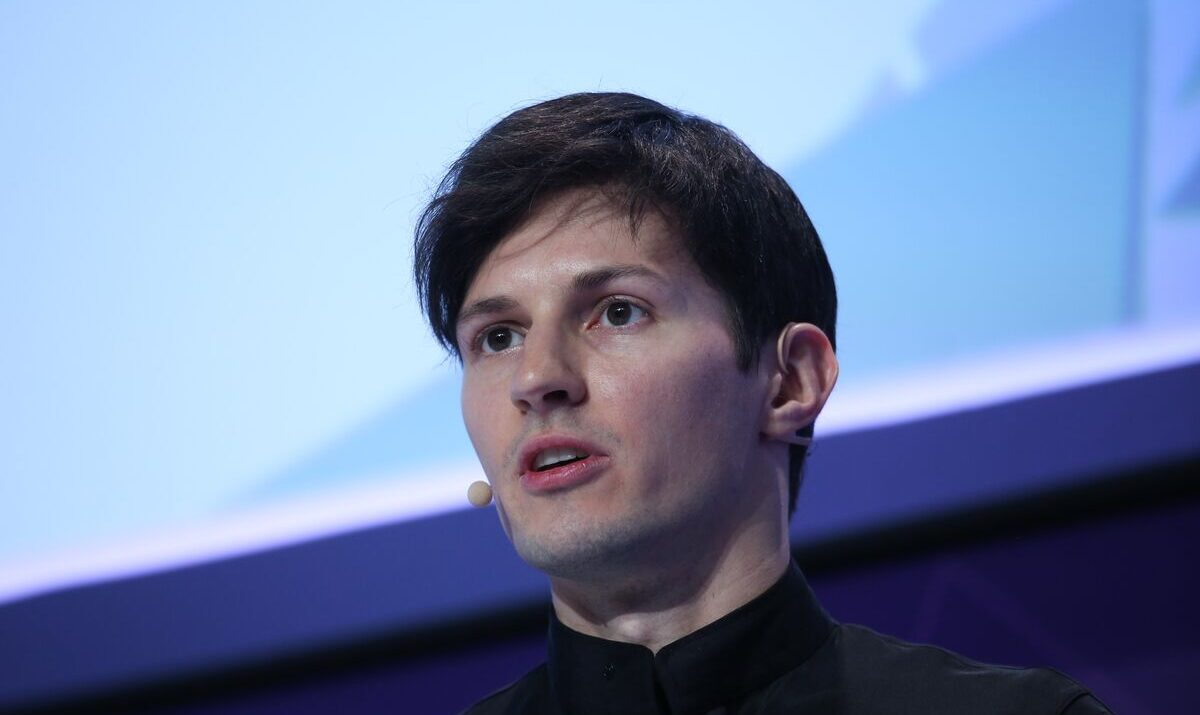- Macron confirms arrest, denies political motive
- Paris prosecutor details investigation into multiple crimes
- Durov’s arrest sparks criticism from Musk, calls from Moscow
Pavel Durov, the Russian-born founder of the popular messaging app Telegram, was arrested at Le Bourget Airport in France as part of an investigation into various crimes, including child pornography, drug trafficking, and fraudulent transactions facilitated through the platform. French authorities confirmed the arrest, stating that it was not politically motivated but rather part of an ongoing judicial inquiry.
Global Tensions Rise as France Detains Telegram Founder Over Criminal Allegations
French President Emmanuel Macron emphasized that Durov’s arrest was a legal matter, dismissing rumors of political motives behind the detention. Macron stated, “This is in no way a political decision. It is up to the judges to decide.” The arrest has intensified tensions between France and Russia, with Moscow accusing France of failing to cooperate and calling for Durov’s legal rights to be upheld.
The Paris prosecutor’s office revealed that the investigation, launched by the cybercrime unit on July 8, centers on allegations that Telegram has been used to facilitate various illegal activities, including child pornography, drug trafficking, and money laundering. Durov is accused of complicity in these crimes due to the platform’s alleged failure to prevent illicit transactions and its refusal to cooperate with authorities.

Debate Over Privacy and Platform Responsibility Reignites Following Durov’s Arrest
Durov’s arrest has reignited the ongoing debate over privacy and platform responsibility. Telegram, known for its end-to-end encryption, has been criticized for being a haven for criminals due to its strong privacy protections. The platform has nearly one billion users worldwide, making it influential in regions such as Russia, Ukraine, and other former Soviet states.
In response to the arrest, Telegram issued a statement defending its practices: “Telegram’s CEO Pavel Durov has nothing to hide and travels frequently in Europe. It is absurd to claim that a platform or its owner are responsible for abuse of that platform.” The company maintains that it abides by European Union laws and that its moderation practices are within industry standards.
Kremlin and UAE Respond to Durov’s Detention
The Kremlin has expressed concern over Durov’s arrest, with spokesperson Dmitry Peskov stating that Russian authorities are seeking more information about the charges against him. The Russian embassy in Paris reported difficulties in obtaining consular access to Durov but confirmed that they are in contact with his legal representation.
Meanwhile, the United Arab Emirates, where Durov holds citizenship, has requested that France provide all necessary consular services to the detained entrepreneur. Durov, who also holds French citizenship, has been a prominent figure in the tech world, known for his libertarian views and advocacy for free speech.
The Impact of Durov’s Arrest on Telegram and Global Free Speech
Pavel Durov’s arrest has raised questions about the future of Telegram and its role in global communication. The app, which has been a critical tool for disseminating information in conflict zones like Ukraine, faces scrutiny over its ability to balance privacy with the need to prevent criminal activity. As governments around the world continue to grapple with these issues, Durov’s legal troubles may serve as a turning point in the ongoing debate over the responsibilities of tech platforms.










